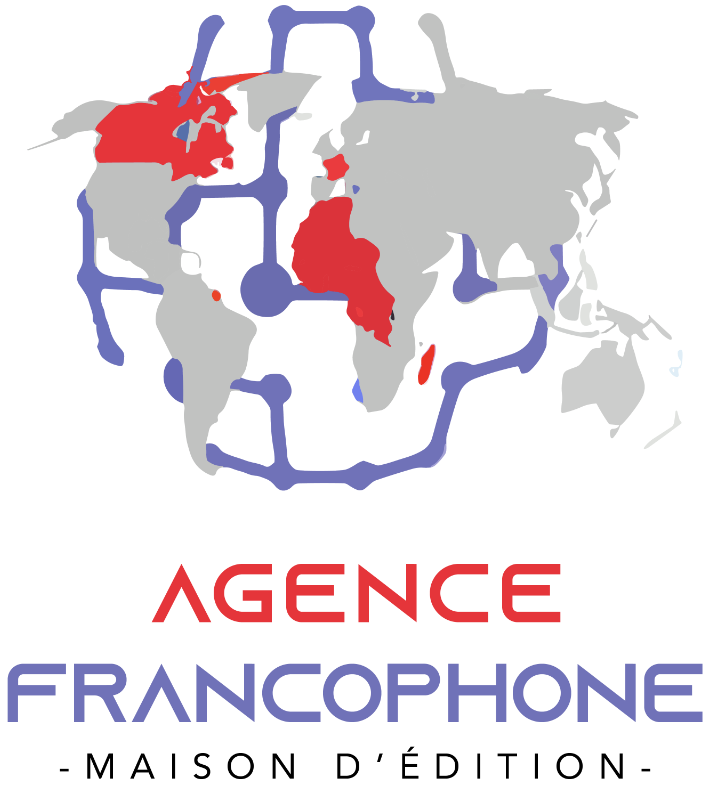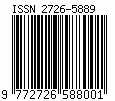Conflict Shocks and Price Dynamics: Micro-Market Evidence from the DRC (Bukavu–Goma)
Keywords:
Inflation, armed conflict, purchasing power, exchange rate, Consumer Price IndexAbstract
Abstract
This article addresses the issue of conflict shocks and the price dynamics of basic goods in the DRC, focusing on the cities of Bukavu and Goma, two areas directly affected by the occupation by the M23 rebel movement. The aim of the study is to assess the extent to which insecurity, and the depreciation of the Congolese franc influenced price levels and dynamics in local markets, comparing them "before" and "during" the occupation.
Methodologically, the research is based on monthly data (June 2024–August 2025) on the prices of twelve products grouped into three categories: food, energy, and hygiene. After standardizing the units of measurement and constructing composite indices (using the weighted CPI approach), the data were subjected to descriptive statistics analyses, normality tests, and stationarity tests (LLC for panel). The econometric specification used a fixed-effects panel model, linking the logarithmic variation of the overall price index (in USD) to fluctuations in the CDF/USD exchange rate, as well as to the spatial (city) and temporal (period) dimensions.
The results reveal several stylized facts:
- A significant depreciation of the Congolese franc (≈15.8%) over the period studied,
- A differentiated increase in the prices of essential goods, more pronounced for food and energy products,
- A negative elasticity of the overall price index with respect to the exchange rate, suggesting a strong transmission of currency fluctuations to domestic prices,
- Significant time fixed effects in January and April 2025, corresponding to episodes of security instability,
- Limited but significant inter-city differences, reflecting a common vulnerability of the Bukavu and Goma markets to monetary and security shocks. Ultimately, the article highlights the combined impact of armed conflict and currency depreciation on fragile urban markets and argues for strengthening macroeconomic stabilization and food security policies in conflict zones.
Downloads
Downloads
Published
How to Cite
Issue
Section
License
Copyright (c) 2025 Revue Internationale du Chercheur

This work is licensed under a Creative Commons Attribution-NonCommercial-NoDerivatives 4.0 International License.















